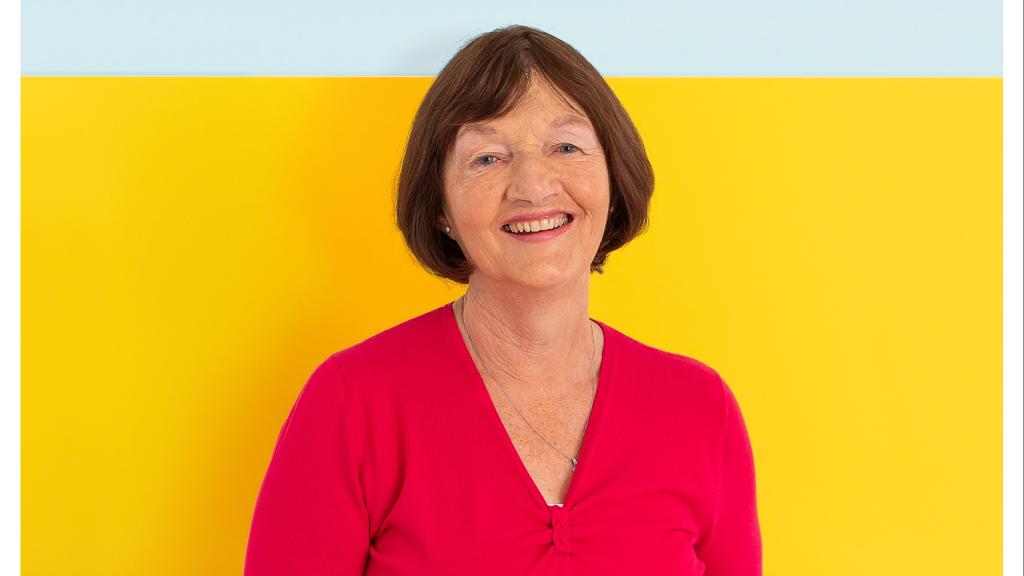Rhona Nally talks about metastatic breast cancer and volunteering for the Irish Cancer Society

Rhona Nally was living life to the full. She was married with three young children and enjoying her work as a primary school teacher. In September 2003 she made a discovery that would change the course of her life.
“I was feeling well and living my life to the full. Fast forward to September 2003, when, after finding a small lump I was diagnosed with early stage breast cancer. I started a year of treatment – surgery, chemotherapy, radiation.
“In August 2004, I was getting back to normal life when I developed persistent back pain. I was then diagnosed with metastatic breast cancer, I was devastated. My world and that of my loved ones was completely turned upside down. I grieved for the perceived loss of my future, and the end of my hopes, dreams and aspirations.
“I started back on treatment, which now included weekly infusions of a new drug, Herceptin. It had recently been licensed for the treatment of metastatic HER2-positive breast cancer in Ireland. Thankfully, I had an excellent response to treatment. My first scans after treatment resumed showed a huge improvement, far better than was expected. I now attend hospital every three weeks for Herceptin infusion, and have regular scans.
“When I was diagnosed with metastatic breast cancer in 2004 my prognosis was poor. Thanks to long years of research and a new targeted therapy, sixteen years later I have exceeded all expectations. I am well, and my cancer is in remission. I quite literally owe my life to cancer research."
"There have been many significant advances in cancer treatment. Treatments are more targeted and tailored to the biology of the cancer and therefore more effective and less toxic. More and more metastatic patients live for many years with a good quality of life."
Today, Rhona volunteers with the Irish Cancer Society's Survivor Support Programme, talking to newly-diagnosed metastatic cancer patients on an ongoing basis in person and over the phone.
“I became a Peer supporter because I wanted to help people who were facing what I faced, because I know the reality and that includes an absence of psychological and financial support.
“Peer Support offers those newly diagnosed with metastatic cancer an opportunity to talk to someone with a similar diagnosis who is further down the line and is doing well. I t offers them a safe space to explore their deepest fears and feelings with someone who completely understands and empathises. Often they feel very alone and frightened and cannot share these feelings with their family and friends"
“It offers hope which is so important and a realisation that while treatment is ongoing, they are living, not dying with this disease and life can be good again. It can also offer practical advice and coping strategies on dealing with the illness”.
“My role as a peer supporter is a huge privilege, and I gain and learn so much from it. I am continually in awe of the bravery and resilience of those I support”.
For more information
Phone
1800 200 700


